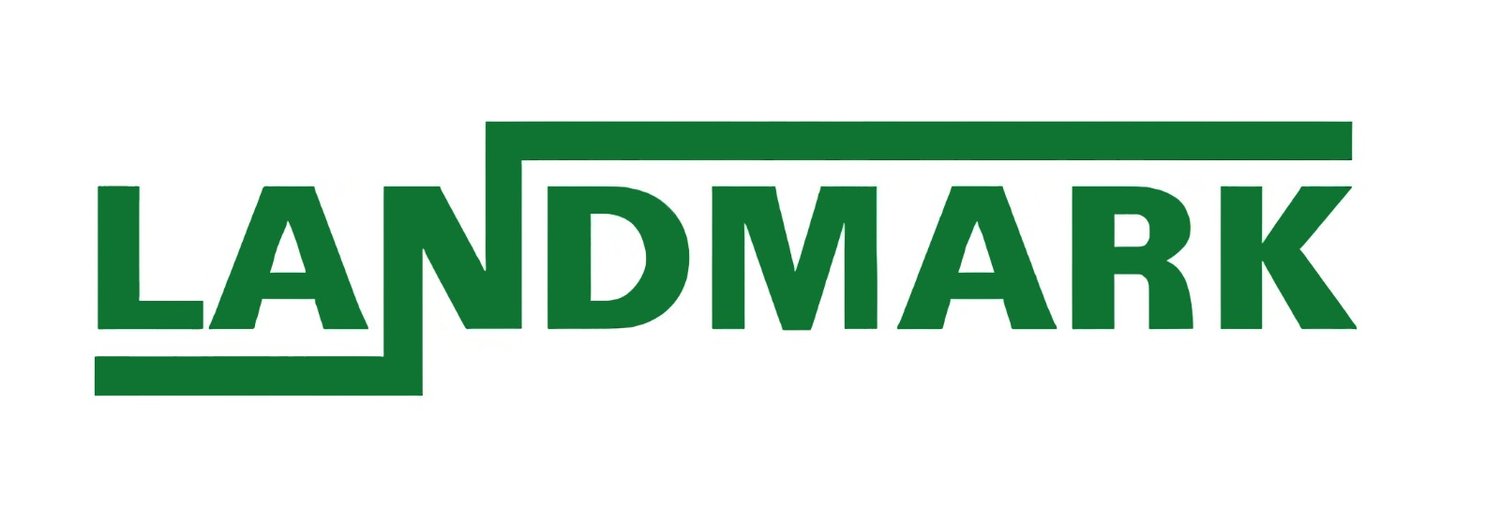Perfluoroalkoxy Alkanes (PFA)
PFA has an outstanding chemical resistance, even at elevated temperature. It is resistant to strong mineral acids, inorganic bases, and inorganic oxidizing agents and to most of the organic compounds and their mixtures common in the chemical industry. PFA is used in automotive fuel tubes, roofing membranes, semiconductor or wires as these products all have to endure the most extreme operating conditions. From chemical resistance or harsh outdoor exposure, these parts are expected to stand a broad scope of aggression, while ensuring heat stability or good electrical properties.
PFA is commonly used in various industries, including chemical processing, semiconductor manufacturing, pharmaceuticals, and food processing. It is often employed for lining pipes and containers, manufacturing gaskets and seals, and as a material for electrical insulation and cable sheathing. Its combination of properties makes it a valuable material in situations where durability, chemical resistance, and high-temperature performance are required.
PFA
High Temperature Resistance: PFA can withstand high temperatures, typically in the range of -200°C to 260°C (-328°F to 500°F). This property makes it suitable for applications in which exposure to extreme temperatures is a concern.
Chemical Resistance: PFA is highly resistant to a wide range of chemicals, including acids, bases, and solvents. This resistance makes it a popular choice for lining pipes and containers used in the chemical industry.
Low Friction: Like other fluoropolymers, PFA has a low coefficient of friction, which makes it useful for non-stick applications. It is often used for making non-stick coatings in cookware.
Electrical Insulation: PFA is an excellent electrical insulator, making it suitable for applications in the electronics and electrical industries.
Transparency: PFA can be manufactured to be transparent, which is useful for applications where visual inspection of the contents is necessary.

